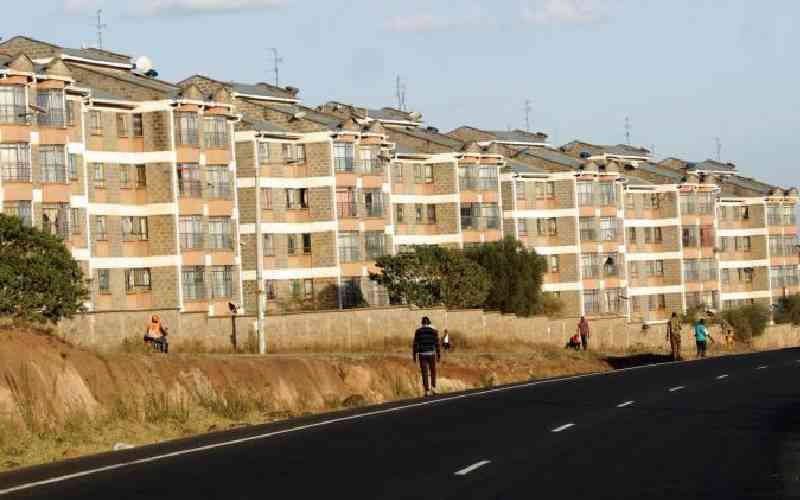×
The Standard e-Paper
Kenya’s Boldest Voice

The National Housing Corporation (NHC), the State's agency that handles housing matters, has revealed difficulties in the rental arm of its business citing unfavourable market conditions.
NHC argues that since the Covid-19 pandemic, it has become difficult to retain loyal tenants even as the agency seeks to improve its returns from the units it manages on behalf of the government.







